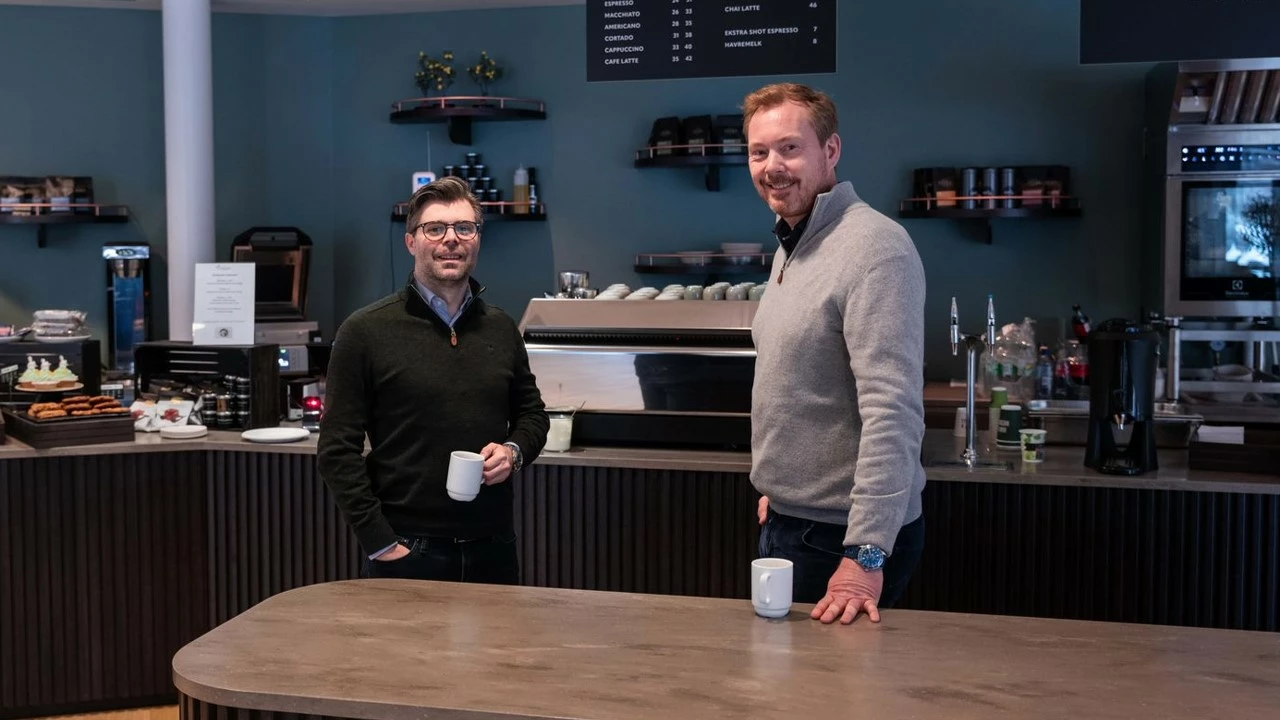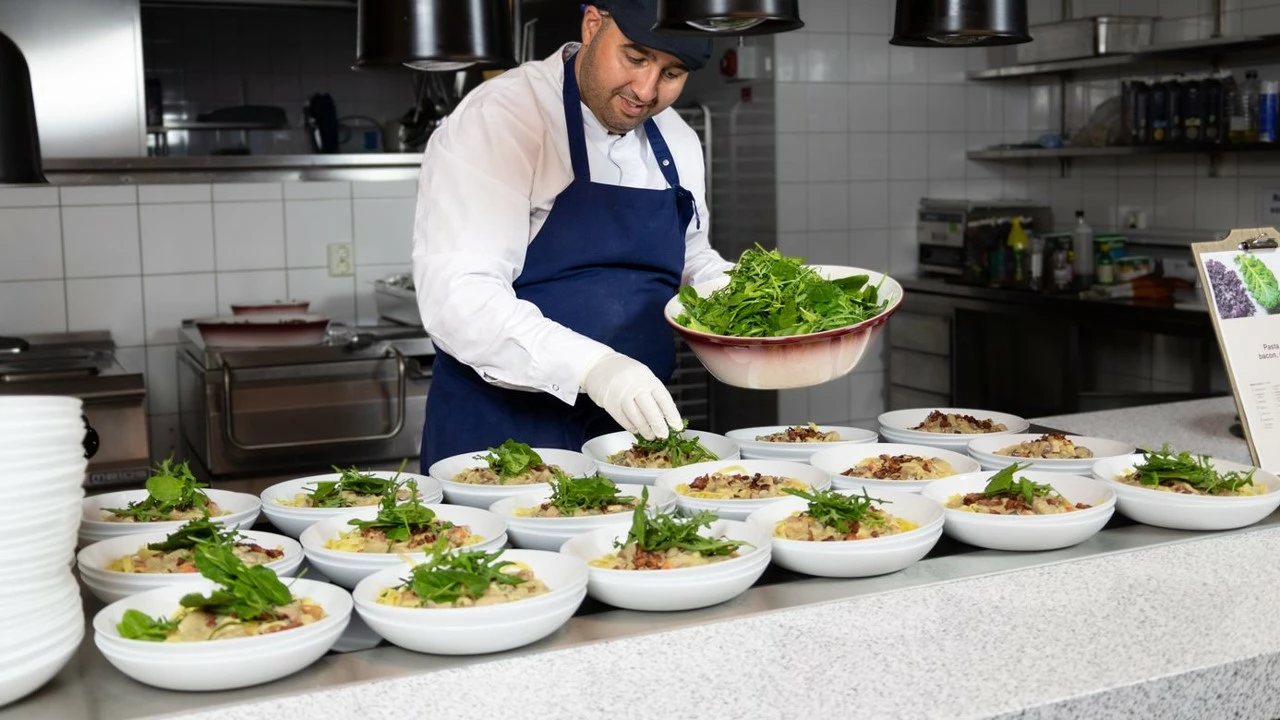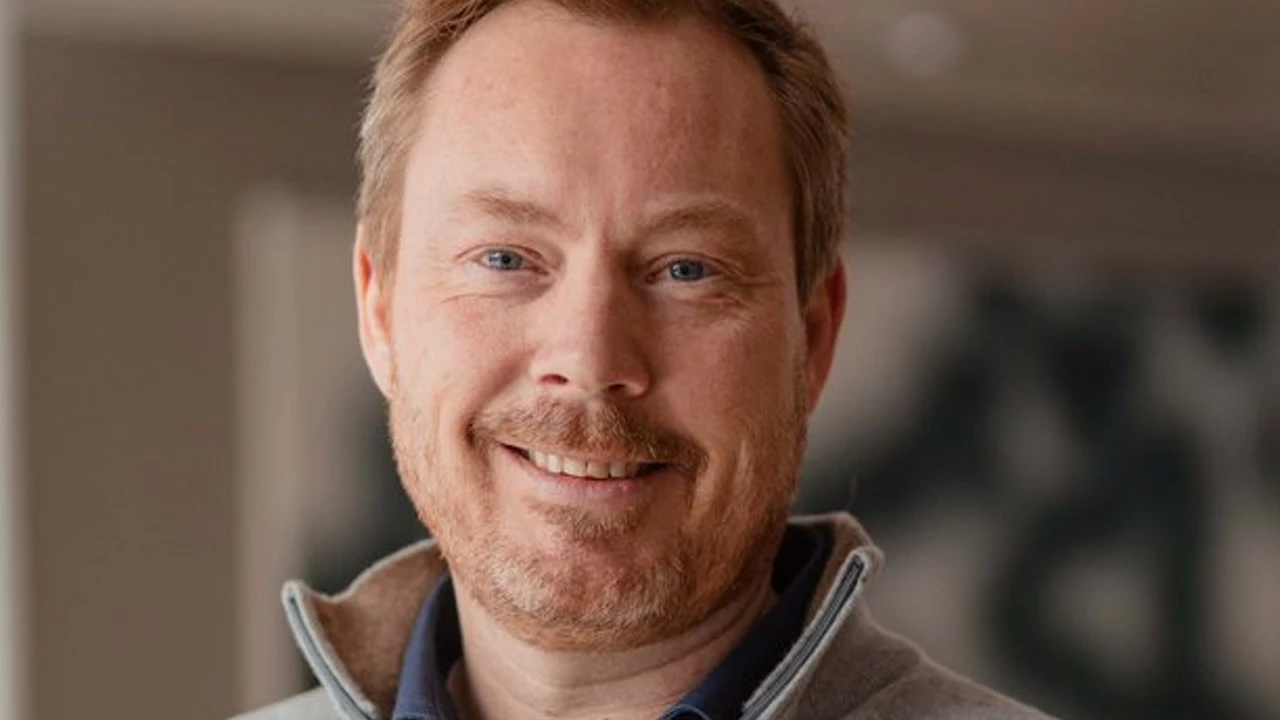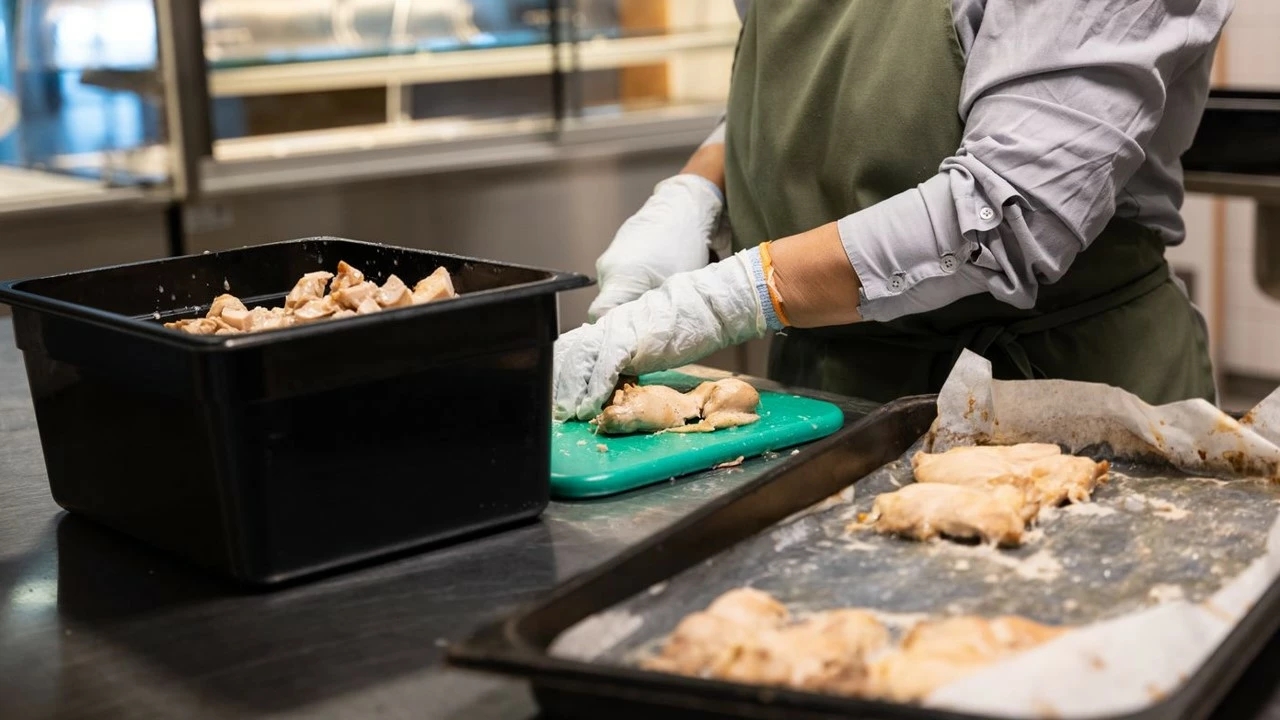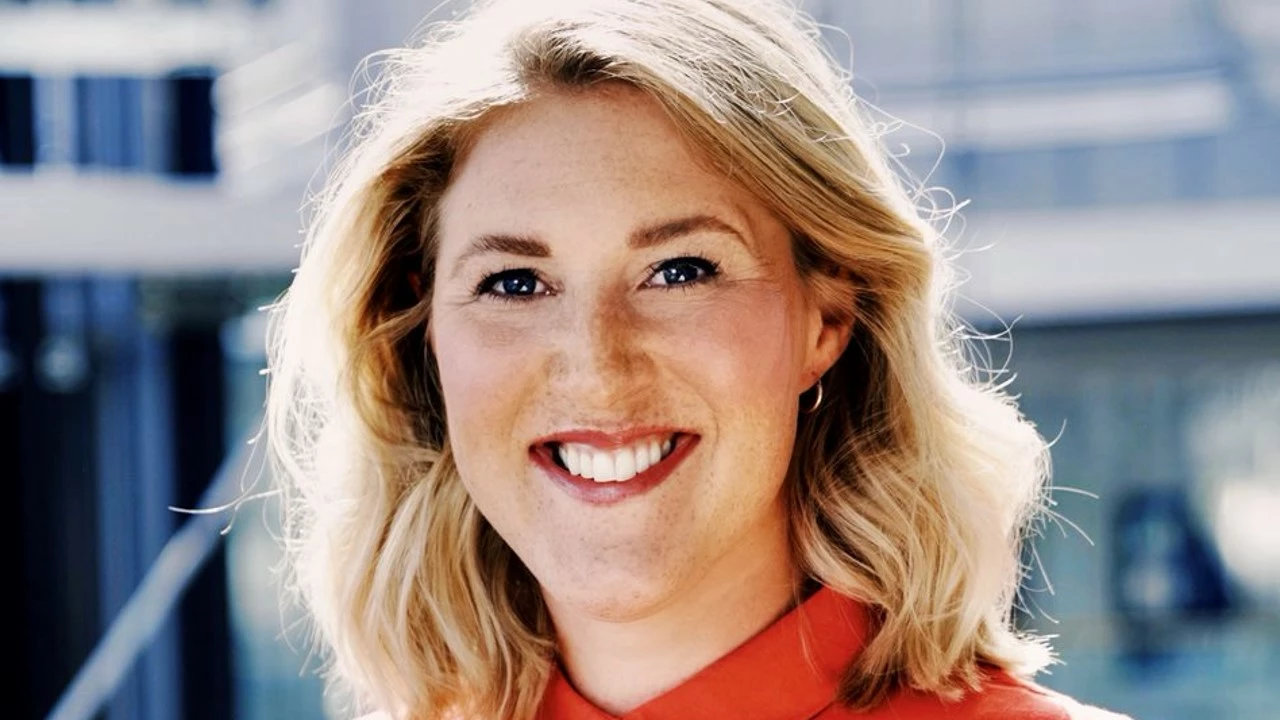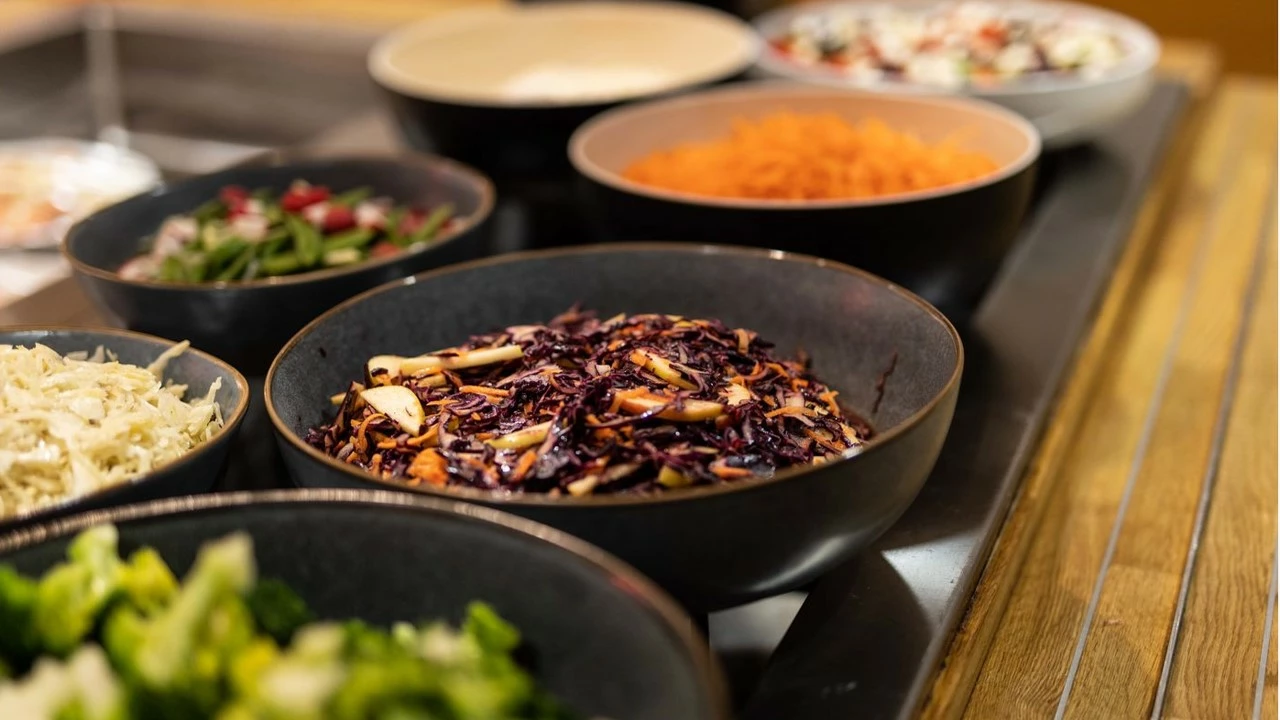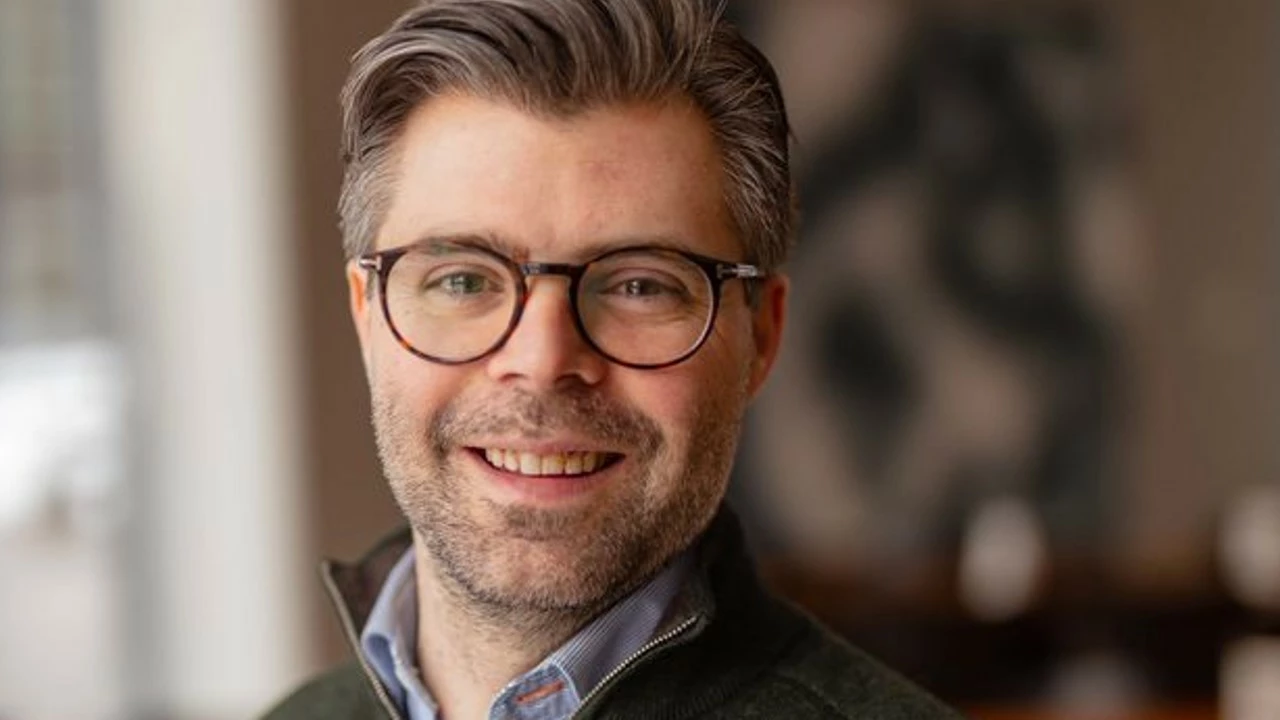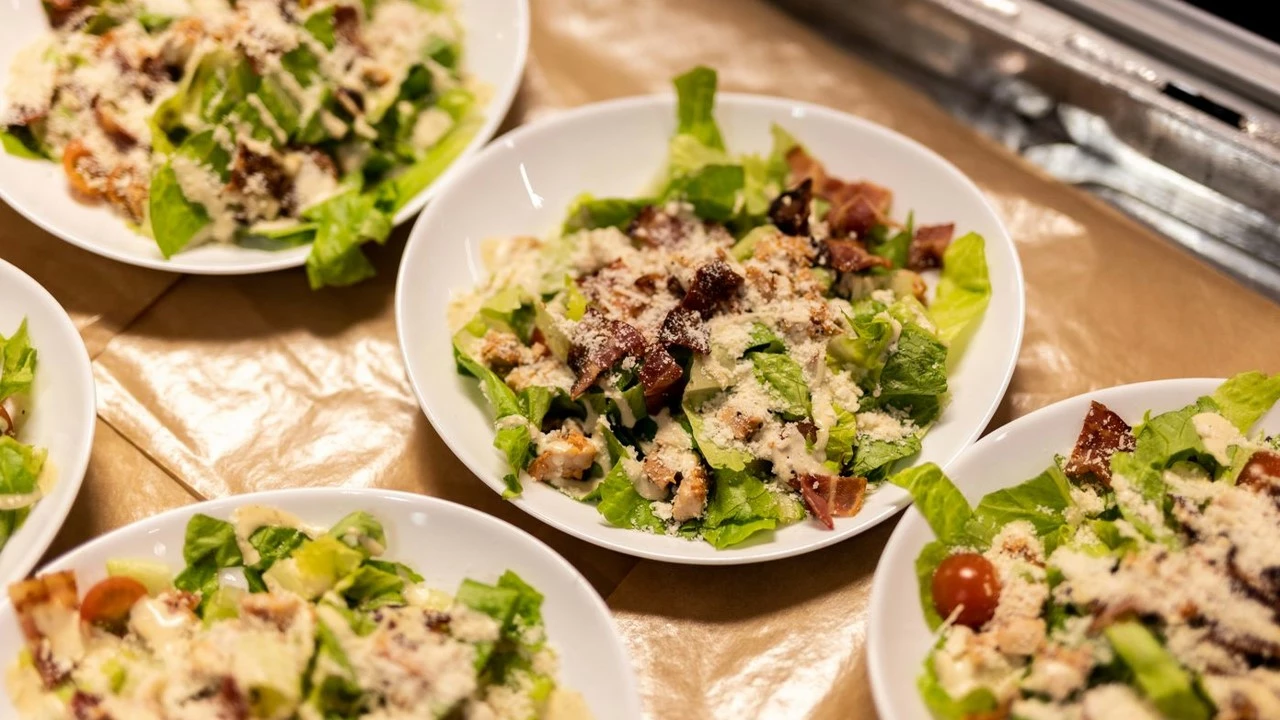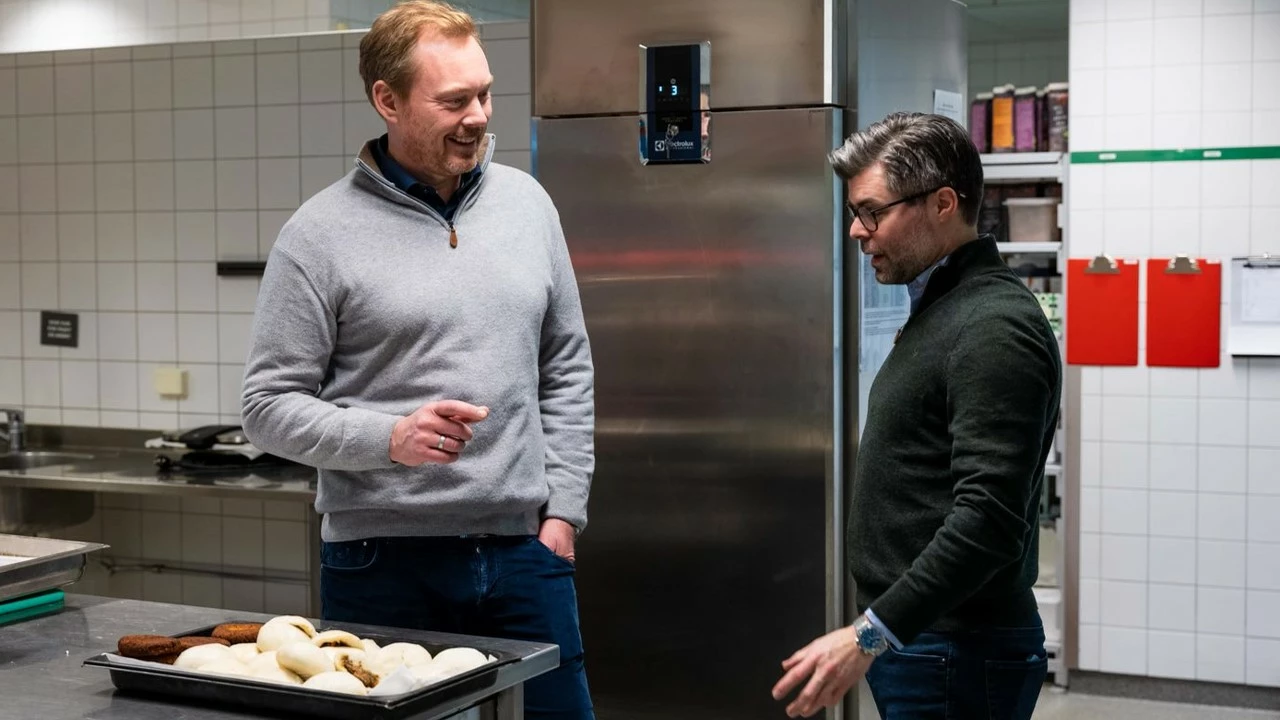Fakta: Dette er Plateful
Fakta: Dette er Plateful
Plateful startet i 2017, da under navnet Verdimat.
De ønsker å gjøre det enklere å få omsatt overskuddsvarer fra i hovedsak industrien.
Det er hovedsakelig storhusholdningen i form av kantiner og restauranter som er kundene, men de leverer også til dagligvarebransjen.
Siden 2019 har de reddet over 6000 tonn med mat. I 2022 var tallet på cirka 1600 tonn.
